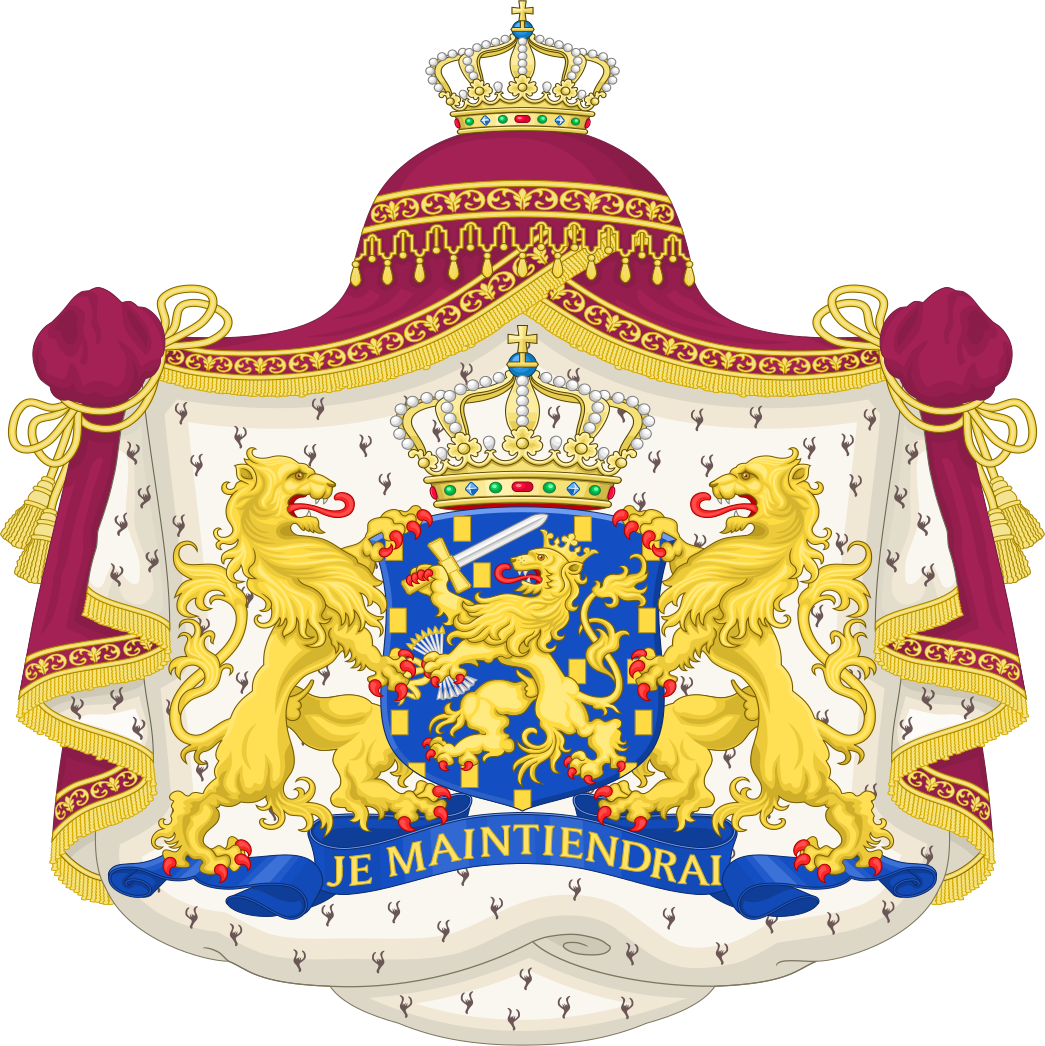The Dutch ‘Troonrede’ (King’s Speech) and the EU

In today’s (15 september 2015) King’s speech the King said that the government will have as a point of departure for its presidency in 2016 of the Council of Ministers, a Europe which functions better and aims at essentials. Furthermore it will work towards an innovative Europe with a well-functioning internal market and with open trade relations with the world. The idea is that the member states of the EU will only be capable to guarantee collective security, and their common and shared values, their prosperity and welfare and economic growth, together and jointly.
And yes, there may be a lot of truth here. Recent events of the crisis in our economies and at our borders and with regard to the massive flow of refugees have shown that many essentials need our common attention. These are truly essentials, and essentials where the EU has taken long to find solutions, if any. Essentials which are so extremely complicated that although the devil is in the details, solutions are sought in details as means to perfecting the internal market. Quite a few essentials have been addressed in the aftermath of the economic crisis with fiscal supervision, the banking union and economic coordination. And now new essentials have emerged, which were also listed in Juncker’s State of the Union speech, held last week in the European parliament. These essentials related to economic growth, our climate, refugees and legitimacy of EU decision making and policymaking. Tackling these issues will require long term thinking, vision and grand perspectives, but also details and setting up rules and agencies and implementation.
The EU has been developed with grand visions and major steps, but also with eye for details and implementation and gradual development and small steps. The internal market is an essential and does also require details and regulation. A few months ago the Dutch transport sector complained, and called the Dutch minister to intervene with her French counterpart, about the blockades of French roads by farmers, who thereby hindered the internal market. A few years ago the Commission had tried to set up a rule for a regulation of this kind of national actions, causing damage to the transport sector and internal trade. But this attempt of the Commission met with fierce resistance of national parliaments (among these the Dutch parliament) and national governments. No need for European rules here. A detail: maybe, but one showing that essentials may need detailed regulation, and if not they may be hurt.
But possibly a political temporary solution could indeed be reached along the lines in the King’s speech: let us accept that priorities may be had on specific issues: refugees/migration, economic growth and innovation and the strengthening of EU economies, climate change, and the search for an accountable EU governing structure. A focus could be had on improvement of structures and the resolution of these issues. Whilst allowing the member states to have more leeway, within the frameworks to be set by the EU on these essentials, to work out the details and to implement the essentials with due regard to national circumstances. And also to benchmark these national solutions and work out best practices. And also bearing in mind the obligations of mutual comity, and ultimately with the possibility for the EU to enforce essential rules in essential domains. When the states do not want to have the EU interfere in national strikes and blockades of roads, they should be engaged in limiting the nuisance of these blockades for the transport sector and for the internal market, and if not, pay due compensation. More national freedom to manoeuver must have its prize and cannot undo the obligations of loyal membership and the essentials of the EU.
-
 A.W. HeringaMore articles from A.W. Heringa
A.W. HeringaMore articles from A.W. HeringaAuthor and editor of numerous books and articles on Dutch Constitutional law, the European Convention on Human Rights, the European Social Charter, comparative constitutional law, US constitutional law, Human Rights and legal education. Author of blogs on the Montesquieu Institute website.